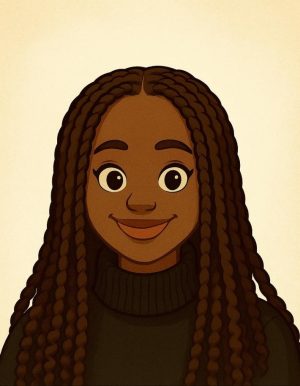
By Eline GADEGBEKU
“Why don’t you speak your mother tongue?” Seven words many modern-day Ghanaian children have become familiar with.
But why? How come children in Ghanaian government schools are expected to speak, read and write in both English and our native languages — yet children in private schools, who mostly speak only English, aren’t held to the same standard when it comes to languages like Twi, Hausa, Nzema or Ewe?
In this article, I’d like to delve deeper into this question, explore both sides of the story and uncover how this one sentence can lead to a much bigger issue — one that can affect all of Ghana.
The cultural significance of Ghanaian languages
We must admit, Ghana is a country that is very proud of its culture — including languages. One of the reasons Ghana is so diverse is because of how many different languages there are — but where did they all come from, and how are they still so relevant even after colonialism?
Ghana has been home to over 80 indigenous languages, most of which fall under the following Niger-Congo families: Kwa (e.g. Akan, Ewe), Gur (e.g. Dagbani, Dagaare) and Mande (e.g. Ligbi, Wangara). After centuries of migration and kingdom building, these groups later settled in the regions we know today — for example, the Ewe settled in Volta, while northern groups formed kingdoms like Dagbon and Gonja.
Even during colonial rule, when English dominated law, education and trade, Ghanaian languages continued to thrive — in homes, ceremonies and marketplaces. Missionaries and scholars also translated the Bible and published newspapers and stories in these indigenous languages: Ewe, Ga, Twi, Dagbani, Dagaare — establishing them as official written languages and promoting literacy in local communities. In 1951, the Bureau of Ghanaian Languages was founded to publish and support research in the 11 most commonly spoken Ghanaian languages.
Today, many Ghanaian languages remain vibrant through oral traditions, festivals, drama and education. Some are taught from primary school up to university level, and they are heard on radio stations, in music and seen on TV.
There is even a national language policy that states a child must begin early schooling in their mother tongue as a foundation for learning English. Given how highly Ghana values its languages, children who don’t speak any may be seen as culturally disconnected — and their parents may also be viewed as detached or unaware of the value of language learning.
The rise of English
‘Se wo tie aboa a, na w’antie ne ho asem’ — as the Twi proverb implies, you haven’t heard both sides of the story. As times change, English is rising as a universal language for law, education and media. In countries like Ghana, where English is not the native language of most people, it’s often associated with education, success, modernity and formality.
There is also a rising population of children who move to Ghana from English-speaking countries and end up living in gated communities and attending private or international schools where English is almost exclusively spoken. In some of these spaces, native languages like Twi or Ewe are rarely spoken — and in the worst cases, seen as “local” or “common”, and only used in interaction with domestic workers.
Teaching can be harder than learning
Raising a multilingual child can be challenging — especially with the common misconceptions that come with it. Some of these beliefs are outdated colonial myths still passed down today — like the idea that it’s unprofessional or embarrassing to speak local languages. When actually, they represent community, cultural pride and even intelligence — the ability to connect more deeply with someone by speaking their mother tongue is powerful.
Some myths have also simply been proven wrong — like the idea that teaching a child their local language can slow down how fast they learn English. Research in multilingual education actually shows that children in bilingual classrooms (local language English) are academically stronger, have a deeper sense of cultural identity, and greater self-confidence. So, while native languages may seem easy to pick up because they’re all around us, some second-generation Ghanaians still struggle to build confidence in speaking, reading or writing them — because the foundation of solid language learning starts at home.
Bridging the gap
Now that we’ve heard both sides of the story, what can we do next? The first — and most important — step in learning a language is exposure. Fortunately, learning a language in its native environment can be significantly more effective than learning it online. If you realise you fit into the category of children I’ve described, or feel culturally disconnected when it comes to language, take the first step: ask those around you to speak a native language with you, and challenge yourself to respond.
Parents, it’s never too late to start engaging your child in their native tongue. And to educators and adults around monolingual children — your influence matters. Encourage them, too. With small steps like this, we can spark a global chain reaction — preserving native languages. As you go about your day, remember: language is more than just diversity. Every language holds its own story, culture and legacy — and the only way to preserve that is by passing it down.
PS: Full disclosure: I’m actually one of the children I described earlier who doesn’t fluently speak any Ghanaian languages (yet!). But I’m really trying! Right now, I understand Twi and Fante, and I’m hoping to speak them fluently soon.

>>>Contact me at [email protected] if you have another side of the story you want to share.
>>>This article is dedicated to Miss Aku, for making sure I can speak and understand more than just English — by speaking Twi with me, teaching me Twi songs, building on the Fante my parents taught me, and even teaching me a few Ewe greetings!
>>>the writer is a 13-year-old student, writer and literacy advocate. She is a member of her school’s newsletter club and the founder of Titanic Beach Readers, a community reading programme she created to help children in her neighbourhood fall in love with books. Eline is passionate about storytelling, empathy and helping kids discover their voices through reading. Through her writing, she shares her thoughts and experiences from a young person’s point of view—speaking to both kids and grown-ups with honesty, curiosity and hope. She
can be reached via [email protected]
The post Why don’t you speak your mother tongue? appeared first on The Business & Financial Times.
Read Full Story

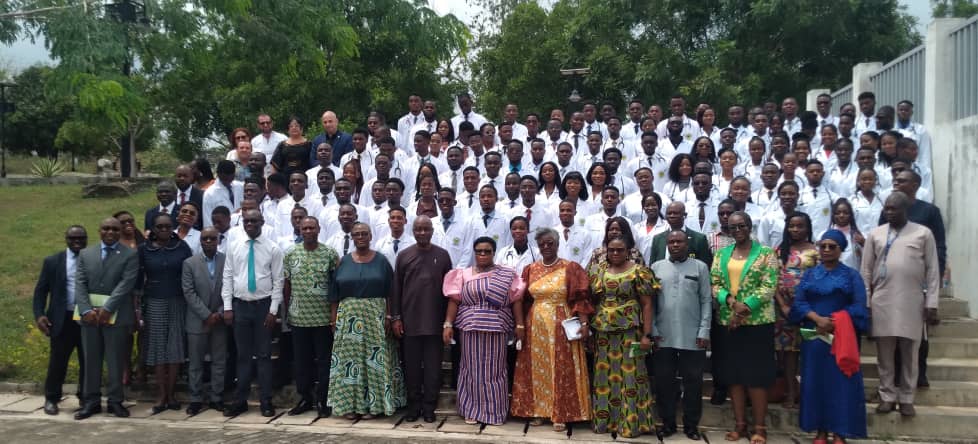







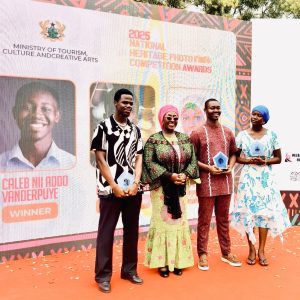


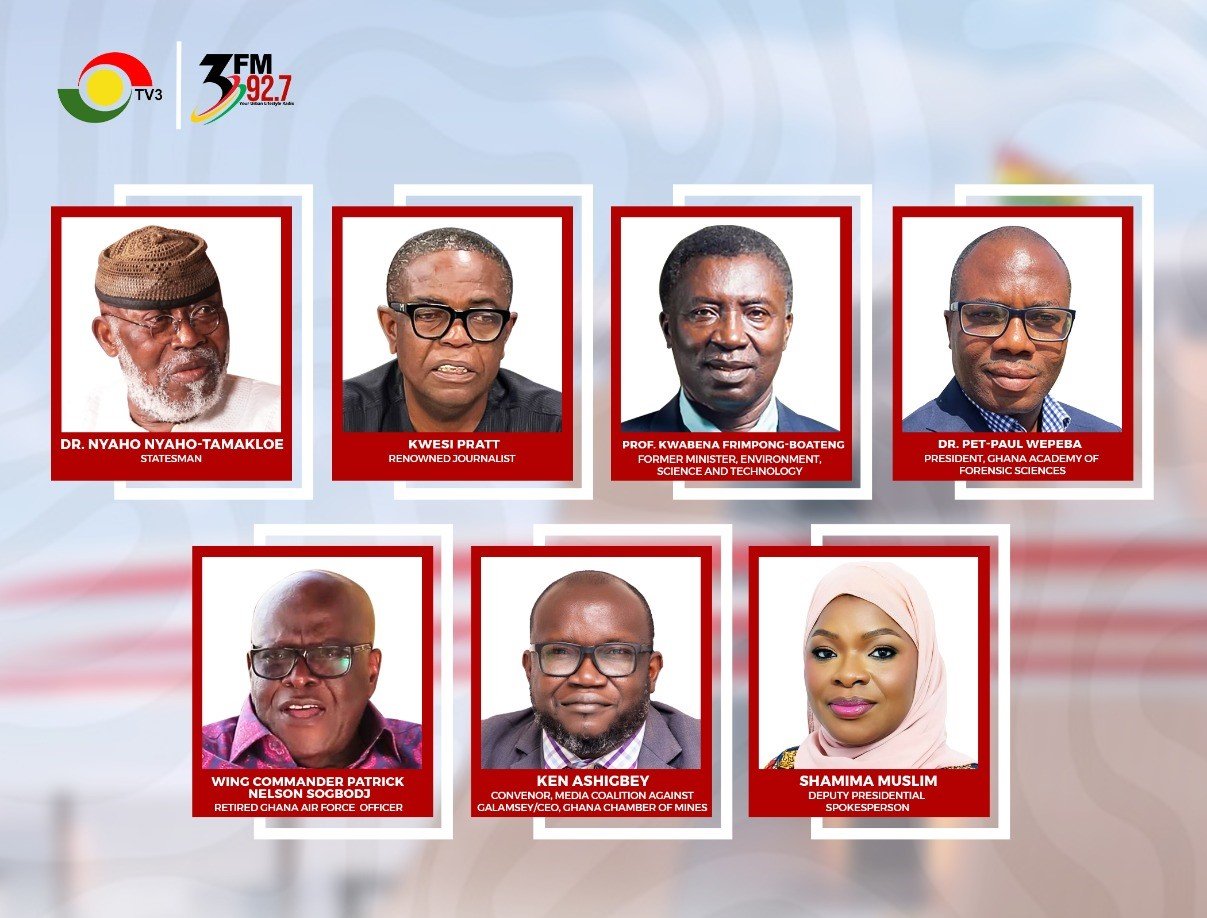




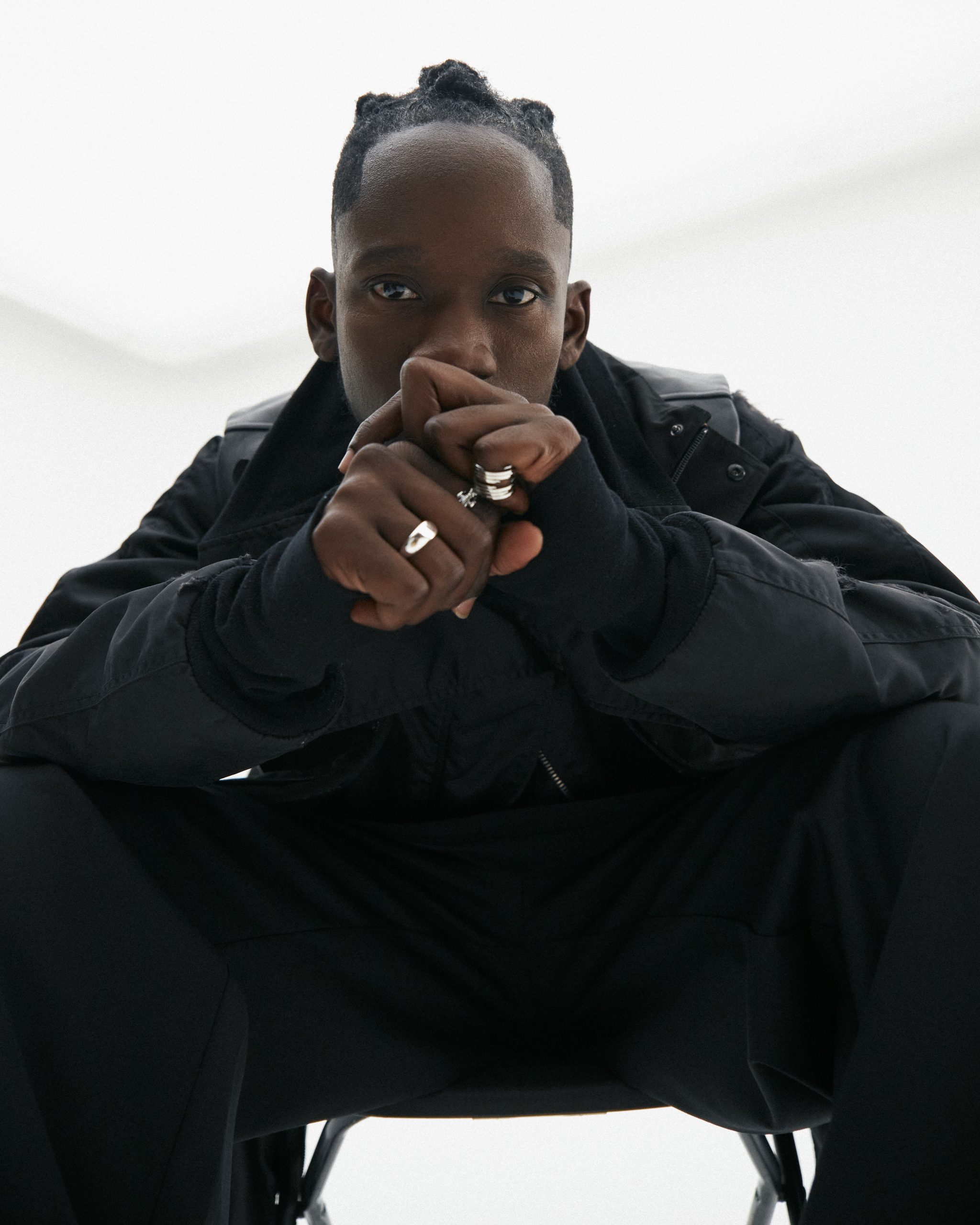
Facebook
Twitter
Pinterest
Instagram
Google+
YouTube
LinkedIn
RSS